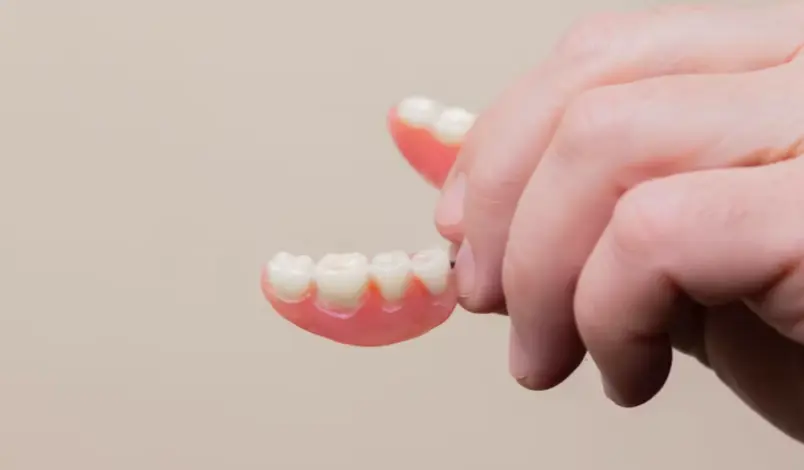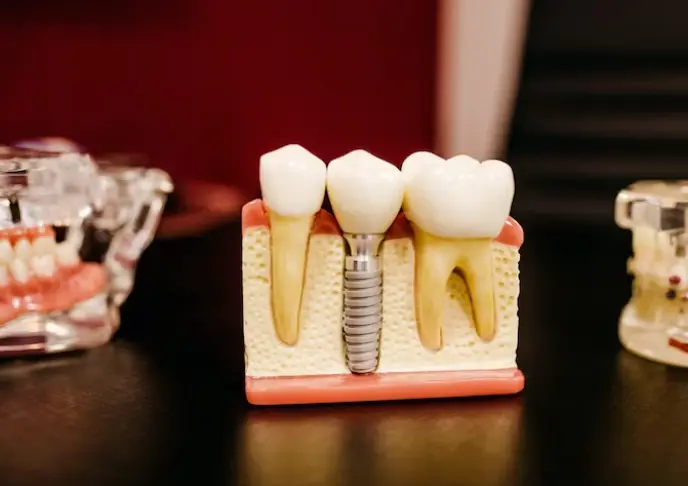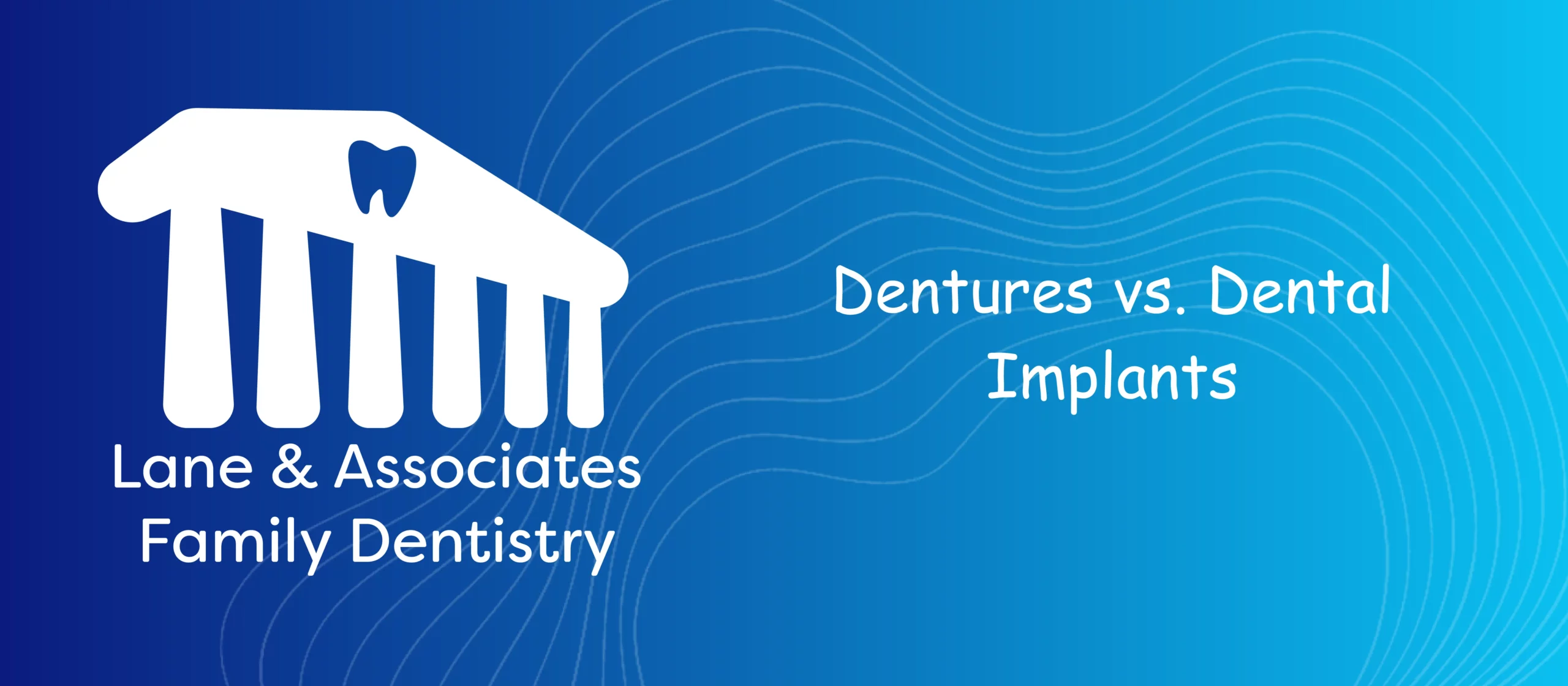Choosing between dental implants or dentures depends on your specific needs, preferences, and budget. If you have good oral health and enough jawbone density, dental implants can provide a long-term solution that looks and functions like natural teeth. Dental implants also offer stability and support to the jawbone, which can help prevent bone loss. However, dental implants can be more expensive and require a longer process to get them, as they involve surgery and the placement of a metal post into the jawbone. If you are looking for a permanent solution that provides the most natural feel and appearance, dental implants may be the best option for you.
On the other hand, dentures can be a more affordable option that can replace multiple missing teeth, and they do not require surgery. They can also be adjusted and replaced more easily than dental implants. However, dentures may not fit as securely as dental implants and can cause discomfort or irritation to the gums. They also require special care and maintenance, such as removing them at night and cleaning them properly. If you have a limited budget, need to replace multiple missing teeth, or are unable to undergo surgery, dentures may be the best option for you. Ultimately, the decision between dental implants and dentures depends on your individual circumstances and goals for restoring your smile and oral health. It’s important to consult with your dentist to determine which option is best for you.

How Long Can you Wear Permanent Dentures?
Permanent dentures, also known as full or complete dentures, are designed to replace all of the natural teeth in your upper or lower jaw. While dentures are a long-term solution, they do require some maintenance and may need to be replaced after a certain amount of time. The lifespan of permanent dentures can vary depending on several factors, such as the quality of the dentures, how well they are cared for, and changes in the jawbone over time. In general, permanent dentures can last anywhere from 5 to 10 years or more with proper care and regular check-ups with your dentist. However, as the jawbone changes and recedes over time, dentures may become loose or ill-fitting, which can cause discomfort and other issues. Your dentist can help you determine when it’s time to replace your permanent dentures and provide recommendations for the best replacement options.
Is it Easier to Eat With Dentures or Implants?
When it comes to eating, dental implants are generally considered to be easier and more comfortable than dentures. Dental implants are anchored directly to the jawbone, which provides a secure foundation for biting and chewing. This stability allows for a more natural chewing motion and greater biting force, making it easier to eat tough or hard foods. Additionally, dental implants do not cover the roof of the mouth or require adhesive, which can make it easier to taste and enjoy food.
On the other hand, dentures can be more challenging to eat with, especially at first. Dentures can move or shift around in the mouth while eating, which can make it difficult to bite and chew effectively. They can also feel bulky and uncomfortable, which can affect the ability to taste and enjoy food. However, with practice and the use of dental adhesives, many people are able to adapt to eating with dentures.

Conclusion
In conclusion, both dentures and dental implants are viable options for those who have lost teeth and wish to restore their smile and oral function. Dental implants offer a permanent solution that is secure, stable, and closely resembles natural teeth. While they can be more expensive and require surgery, they offer a more comfortable eating experience and can last for many years with proper care. On the other hand, dentures can be a more affordable option and do not require surgery. However, they can be less stable, require special care and maintenance, and may need to be replaced more frequently. Ultimately, the decision between dentures and dental implants depends on individual circumstances, preferences, and budget. It’s important to consult with a dental professional to determine the best option for your specific needs and goals.


